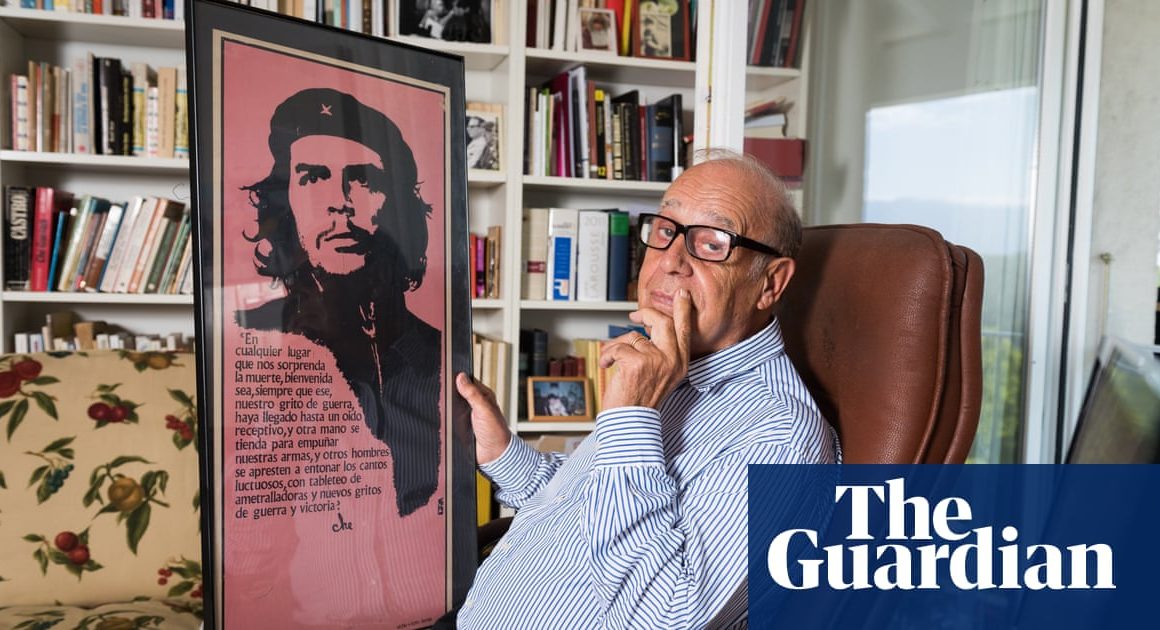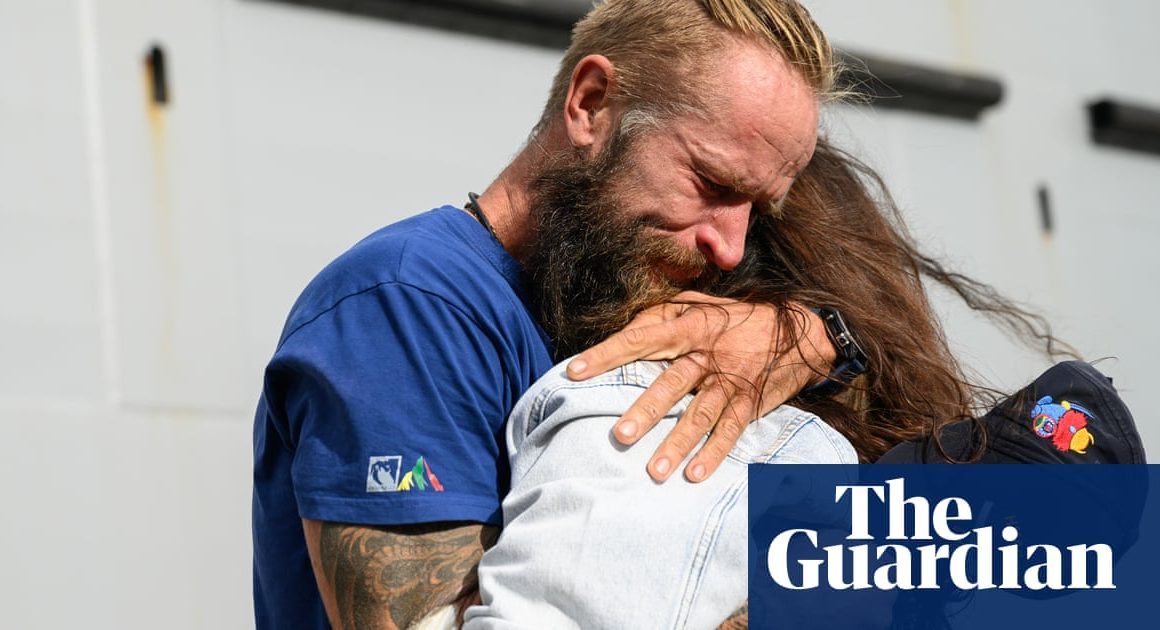Squeezed between US oligarchy and Russian and Chinese autocracy, Europe’s democracies stand out like a relic from a bygone age. The euphoria and sheepish groupthink on display at Donald Trump’s inauguration last month may well herald either a new US “golden age” or a hubristic bubble bound to burst. It is possible that China will succeed in reshaping the world in its image, or it may succumb to demographic decline and economic stagnation. Europe is not alone in being at a historic crossroads, but it is exclusively mired in pessimism, despondency and self-doubt.
In 1492, as Christopher Columbus landed in the Americas and Spain embarked on its own siglo de oro, or golden age, Spanish troops were readying to take over large parts of Italy. Europe’s highest concentration of wealth was to be found in cities such as Florence, Milan and Venice. Cities of beauty and civility, industry and trade; cities, above all, so mesmerised by their particular identities that they refused to form a unitary state. The eventual result was the partition of the Italian peninsula. There was no space for rival city states in a world of nations.
Clear parallels exist with Europe’s fragmentation today. It is faced with a world in which so-called “civilisation states”, organised around cultural tradition rather than politics, have taken over from nation states. And simply hoping that Russian military expansionism, Chinese industrial dumping, or US tariff threats will galvanise a resurgence of ambition within middle-size European countries won’t cut it. Fear, on its own, is a paralysing factor.
EU leaders talk the talk about “robust responses” to being targeted by Trump’s latest tariff-war threat. But in reality, they have scarcely moved beyond self-flagellation, self-victimisation and awe of US and Chinese power. We need instead to recuperate audacity and hunger for the future, and relinquish some of our polite manners in a world that truly isn’t polite.
Sure, we need to stay true to the moral preachings of the German philosopher Immanuel Kant and keep on believing that a rules-based world of equals will come one day. But in the meantime, and to keep that prospect alive, we need to recognise, celebrate and fight to defend our joint achievements.
As the US government readies to colonise Mars, it gives up all responsibility for ensuring the continued habitability of our warming planet. As Trump inflates his own meme coin, he boycotts global agreements on minimum corporate taxation. And as AI investment rockets, the US’s streets of desperation are scarred by endemic drug addiction and poverty.
In all three accounts, Europe is ahead. The EU is a world leader in renewable energy, industrial efficiency and climate policy. It has crafted a unique social market economy that limits the excesses of unbridled capitalism. High levels of internal solidarity may not provide everyone with a home to live in, but they at least provide everyone with a safety net beneath which they won’t fall.
True, difficulties also abound. Economic productivity is in decline, as Europe falls well behind China and the US in the technological race. Europe is unable to defend itself militarily. It is energy dependent. And yet, as for the Italian city states of old, all these apparently insurmountable problems would be solved with one step: greater unity.
Were the EU to leverage its gigantic but fragmented capital markets, it would have the resources to invest in its economic and technological relaunch – and to limit the impact of foreign-owned social media such as TikTok on democracy. If European governments coordinated their defence spending, they would have little to fear: EU member states spent €326bn (£270bn) in 2024 compared with Russia’s €145bn (£121bn) for 2025. If they spoke with one voice, the EU would have the capacity, as recent agreements with South America’s Mercosur bloc and Mexico show, to weave together deals that would make not only Europe but the world a better place.
Acting together, Europe’s democracies would, for instance, be able to discuss coordinated climate action with China, and not merely run scared at the sight of a Chinese EV. We know that lack of access to capital is an extraordinary bottleneck preventing developing countries from engaging in the green transition. Couldn’t a joint Sino-European financing plan help dot Vietnam and Indonesia, Kenya and Peru, with European wind turbines and Chinese battery systems – simultaneously greening the planet and utilising European and Chinese excess industrial capacity?
Europe would also be able to safeguard, in the US’s absence, a longer-term investment in democracy, the rule of law and multilateralism. That would counter the dismissal of an insistence on democratic values as mere hypocritical western self-interest. Paradoxical as it may sound, making Europe a power in the world is the surest way of building a world that moves beyond great power competition.
Such aspirations are not a matter of left or right, liberalism or populism. Nor are they a question of relinquishing national identity to a centralised Brussels bureaucracy. They are, rather, a matter of wanting to be a subject, not merely an object, of history.
after newsletter promotion
Take Giorgia Meloni’s attempt at becoming a Trump whisperer. This is well meant but amounts to the cunning of the servant who courts the king to dodge his wrath and win more of the crumbs from his table. Nationalism, Meloni’s own tradition, should be exactly the opposite of servitude.
Ultimately, a type of European civic or democratic nationalism is what needs to be fostered if Europeans are to avoid turning into waiters for the world’s powerful as they descend on our cities to admire our beautiful past. We need to see something that visionary leaders on the European continent have often aspired to but never achieved: pluralist societies cohering in a common European “nation”.
A European nation need not be a superstate. Rather, it would be based on the idea that always eluded the Italian city states: uniting on what truly mattered for the preservation of their way of life. But whether we decide this should be in energy security, technology or foreign policy, and regardless of whether we see it happening through a deepening of the EU or through something new, nothing will change until we foster a common sense of European patriotism. If the recent experience of the EU has taught us one thing, it is that a common people does not emerge out of a common currency. We created a European currency. Now we need to create a European people.
This may all sound unrealistic. But is it any more so than the aspiration to colonise Mars? Building a new nation called Europe could be our Martian adventure and our best bet at fighting despondency and self-doubt, fear and pessimism, oligarchy and autocracy.












